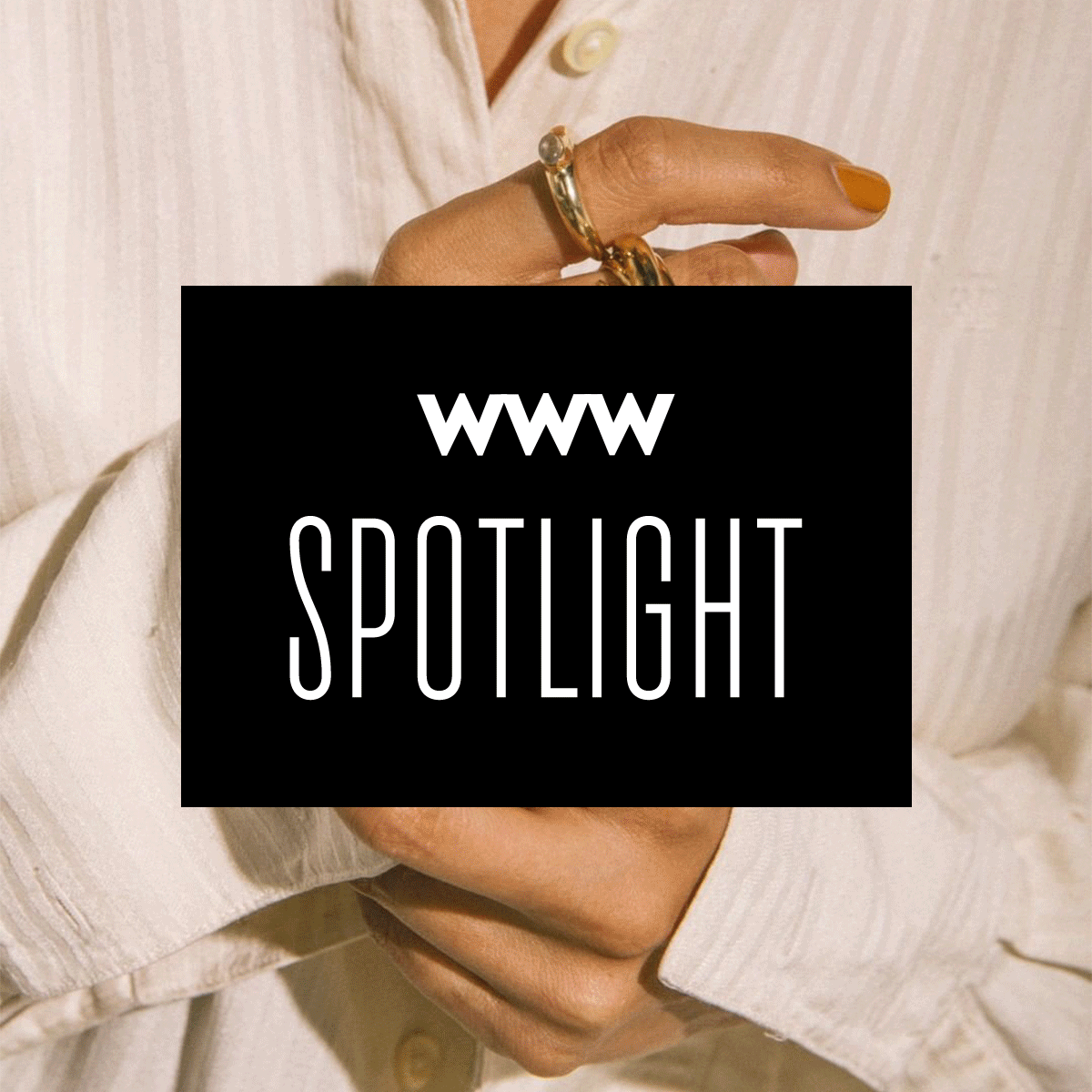
Welcome to our newest editorial initiative, Who What Wear Spotlight, where we’ll be using our editorial platform, social following, and ad inventory to turn the spotlight on small businesses that need our support now more than ever. Each week, we’ll be highlighting a new fashion or beauty company. If you own a small brand and would like to be considered for the program, please apply here.
There are few things that’ll bond young people quite like sharing visible skin conditions. If you have one (or, heaven forbid, more), you know that it’s pretty difficult to think about anything other than that red patch or that cluster of bumps on your face when making eye contact with anybody. This is exactly what bonded Topicals co-founders Olamide Olowe and Claudia Teng, who became fast friends after swapping years of dermatologist stories immediately upon meeting each other just last year. They both had plans to go to medical school, but together they realized they could get to work more quickly by starting a skincare line that was clinically proven to work for all skin tones.

As women of color struggling with skin conditions like eczema and post-barbae folliculitis, Olowe and Teng continuously met dermatologists who didn’t know how to treat their skin. This is in large part because many clinical dermatology trials don’t include enough, or any, people of color. A recent analysis of over 626 clinical dermatological trials found that 75% of study participants were white, a pretty profound number especially considering ingredients like hydroquinone that are commonly used in topical ointments can, in fact, be harmful to melanated skin. Starting in high school and continuing into college at Stanford, Teng worked in clinical dermatology research and saw the lack of diverse skin tones among participants first hand. Meanwhile, across the state, Olowe was getting to work on Topicals on her own, after successfully running a beauty brand called SheaGIRL while at UCLA. It’s no surprise when the two met they knew they had to join forces.

Teng moved to L.A., so she and Olowe could move in together and commit themselves to bringing this burgeoning company to life. They work with two dermatologists at Stanford University to develop products that are clinically proven to minimize the appearance of skin conditions. As a pair, Olowe and Teng focus on building a brand that takes the pressure off treating skin conditions by doing away with the pressure that perfect skin is the goal and embracing the idea that treatments are normal elements of self-care. They’re achieving this through beautiful and fun branding, community engagement, and a general ethos that the source of happiness is everchanging and comes from within. As their website says, “And looks fade anyway, who cares?”
So Olowe and Teng focus on how they can give back beyond the world of beauty, zeroing in on mental health advocacy and donating 1% of profits to mental health organizations. So far, they’ve donated $10,000 to Sad Girls Club, Therapy for Black Girls, and Fearless Femmes 100. With such an inspiring business model, it’s no surprise that their roster of angel investors includes powerful women like Insecure‘s Issa Rae and Yvonne Orji, Netflix’s CMO Bozoma Saint John, and DJ Hannah Bronfman. Read our interview with them to find out more about their business and how they’re building a digital community during a pandemic.

Tell us about yourself and your business.
Founded by two young women of color who have chronic skin conditions, Topicals is transforming the way you feel about skin by making the treatment of stigmatized skin conditions like eczema and hyperpigmentation synonymous with the luxury and fun of self-care. Believing you shouldn’t have to hide, feel less-than, or settle for products that don’t serve or speak to you, Topicals products are effective and fun.
And if you had to sum up your business in five words or less?
Funner flare-ups.

What inspired you to start your business?
We both grew up with skin conditions (Claudia had severe eczema; Olamide had post-barbae folliculitis) and never found a brand that resonated with us. We always felt embarrassed about our skin conditions and used to hide our ointments because they made us feel like outsiders. Topicals is transforming the way people feel about skin by making the treatment experience more like self-care rather than a burdensome ritual. We take the focus off of having “perfect” skin and put the onus on having “funner flare-ups.”
How have social distancing and stay-at-home orders affected your business? How have your priorities shifted?
Our original launch was delayed due to supply-chain disruptions back in March, but we pivoted our go-to-market strategy to build community by creating a community through digital experiences. We launched a game called Skin, Sun, and Stars that gave skincare advice based on your zodiac sign. We had over 10 thousand plays when we launched.

What are two to three of your favorite brands you like to support and why?
Bread Beauty Supply is an amazing Black-owned haircare brand for textured hair that is all about embracing your hair’s frizz. Ami Colé is a Black-owned pre-launch beauty brand celebrating melanin-rich skin. Parade is a Gen Z underwear brand that donates to Planned Parenthood and celebrates all bodies.
What has been your proudest moment as a business owner?
Closing our $2 million seed round, making Olamide the youngest Black woman to do so.




Up next, the emerging brand has all the makings of an It-girl favorite.
